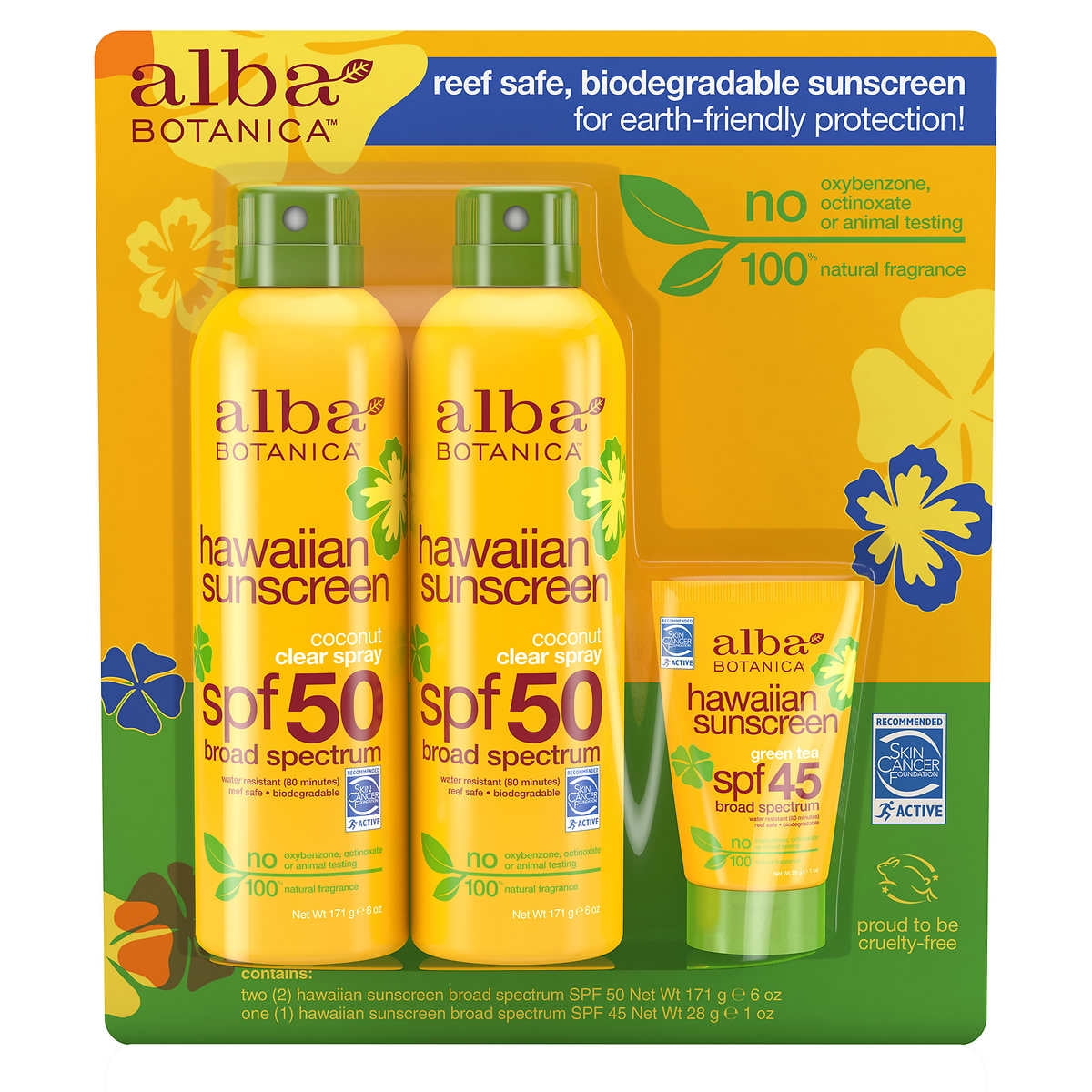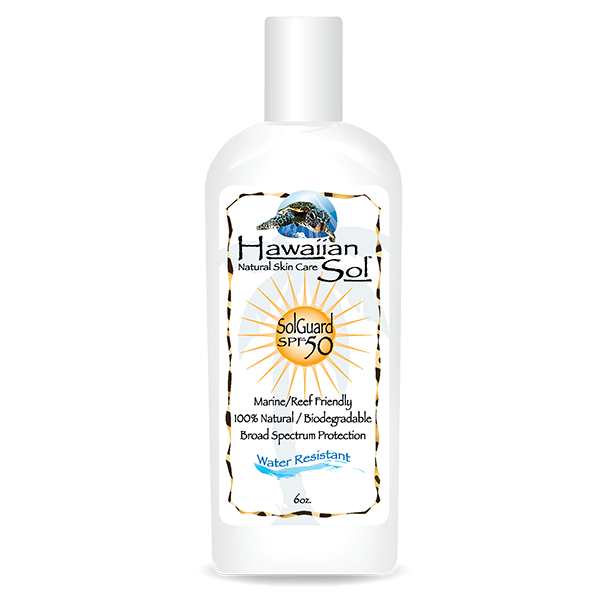

We’ll cover what these chemicals are, and why they’ve become the targets of legal action, in a moment. The law is not an outright ban on sunscreen rather, it bans the sale of any sunscreen containing either oxybenzone or octinoxate “without a prescription issued by a licensed healthcare provider.” However, unbeknownst to many, the bill ( SB2571) finally took effect on January 1, 2021. Enjoy the Maui and Kauai landscapes through an unforgettable tour.Since then, most of us have perhaps forgotten about it - after all, let’s face it, a lot has happened in the 3 years since then. Reef-safe, mineral-based sunscreens:Ībout the Author: Experience the natural wonder of the Hawaiian Islands, via a zipline tour with Skyline Eco-Adventures. If we work together to take care of our ‘aina (land), it will take care of you. It is important to remember that everything that affects the ocean affects the land as well. We take pride in being an advocate for the environment through conservation, especially for the Hawaiian Island forests. It is best to follow the “if you can’t say it, don’t spray it” rule. Some sunscreens are advertised as reef-safe, but still contain harmful chemicals. Always read the ingredients list before you purchase sunscreen. These sunscreen products usually contain ingredients like zinc oxide and titanium dioxide. A reef-safe product is anything that is mineral based. Crew members are also educating their passengers on the harmful effects of the oxybenzone chemical that is present in most sunscreens. Many of the boating companies around Maui supply their vessels with reef-safe sunscreen. Another way to protect the reefs is to use reef-safe sunscreen.
#Hawaiian reef safe sunscreen skin#
So this option doesn’t always sound appealing since it prevents the sun's rays from hitting the skin at all. But, many people want to get a nice tan while on vacation.

One way to protect the reefs is by wearing rash guards, hats, and wetsuits to prevent sunburn rather than wearing sunscreen. By reducing the coral stressors that we can directly control, we will help the reefs around the world have a more sustainable future. This effort is as easy as picking a different way to protect your skin from the sun’s harmful UV rays. Įach of us can help reduce the amount of oxybenzone that enters the delicate coral reef ecosystems. Marine destinations, such as coral reefs, that are popular among tourists have the highest concentrations of this dangerous chemical according to a study published in the Archives of Environmental Contamination and Toxicology. Recent studies show that a chemical found in many popular sunscreens is having a negative effect on the reproduction, growth, and survival of coral around the world. But, we can control what type of sunscreen we use before getting into the water. As individuals, we may not have the ability to directly control the ocean’s temperature. This is because the coral polyps can only produce about 10 to 20 percent of their diet on their own.Ĭoral reef loss is occurring around the world in places like Hawaii, the Caribbean, Great Barrier Reef, and Israel. Coral polyps can harvest some of their own food but it is unlikely that polyps will survive for very long without their symbiotic algae. Coral bleaching is when the algae that live inside the coral polyps are ejected and leave the coral polyps without nutrition or color.

These stressors cause the coral to go through a process called coral bleaching. When the ocean’s average temperature and acidity thresholds are broken, coral reefs cannot sustain a healthy life. Ocean acidity levels have also been increasing because of substances like sunscreen that people use before entering the water. Ocean temperatures have been steadily increasing during the late summer and fall months over the past few years. Coral reefs are very sensitive to changes in both water temperature and ocean acidity levels. They house more species per unit area than any other marine environment but they are being damaged by changes in the oceans.

We belive that protecting coral reefs are an important part of our enviormental stewardship, and that choosing the right sunscreen is a small but important thing that you can do to help.Ĭoral reefs contain the most diverse ecosystems on the planet. At Skyline Hawaii we care about the environment and our oceans. Since 2002, we have planted over 18,000 native trees, hosted hundreds of community reforestation and ocean cleanup events, and given over $1.7 million to environmental and community nonprofits.


 0 kommentar(er)
0 kommentar(er)
